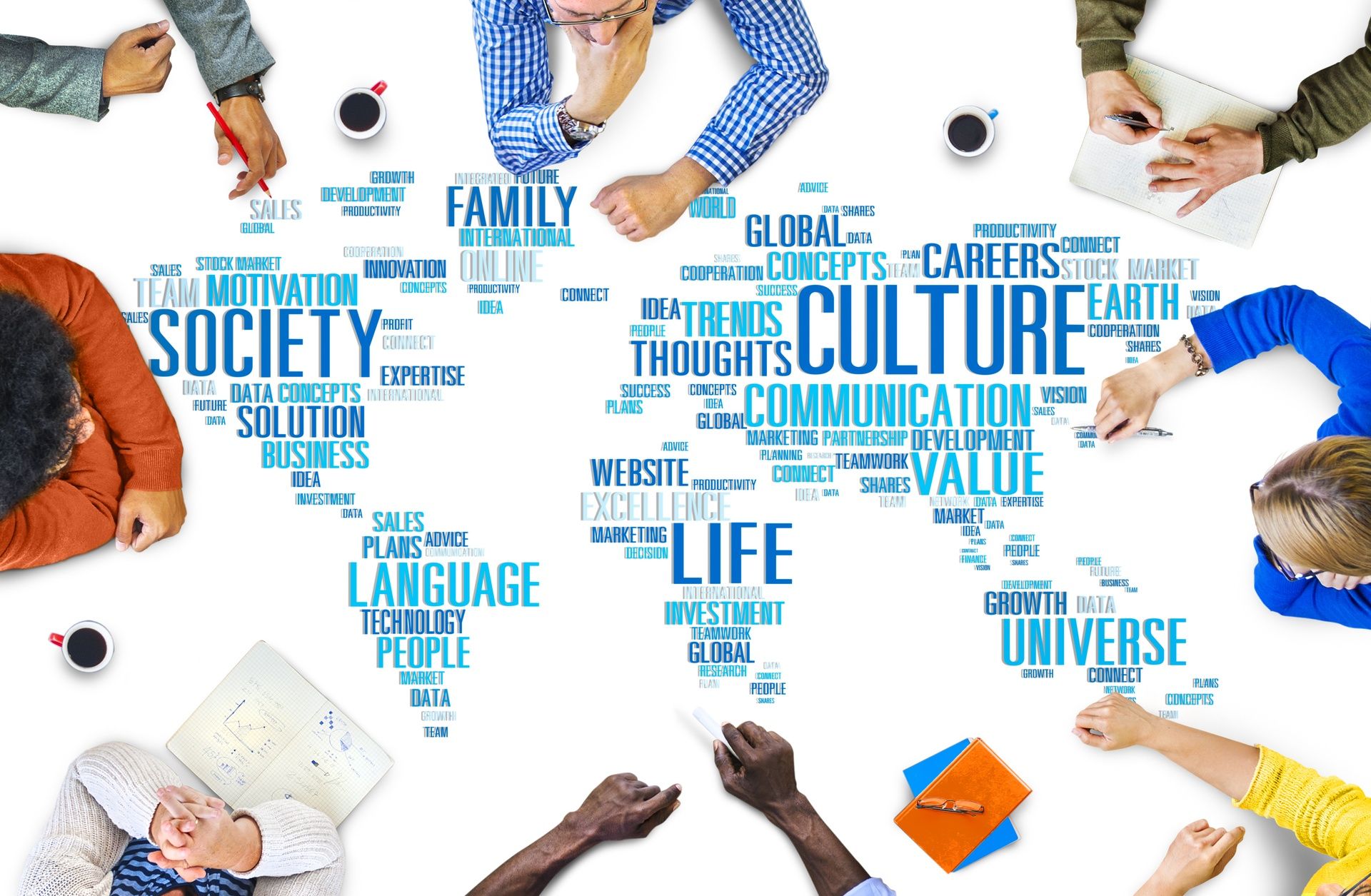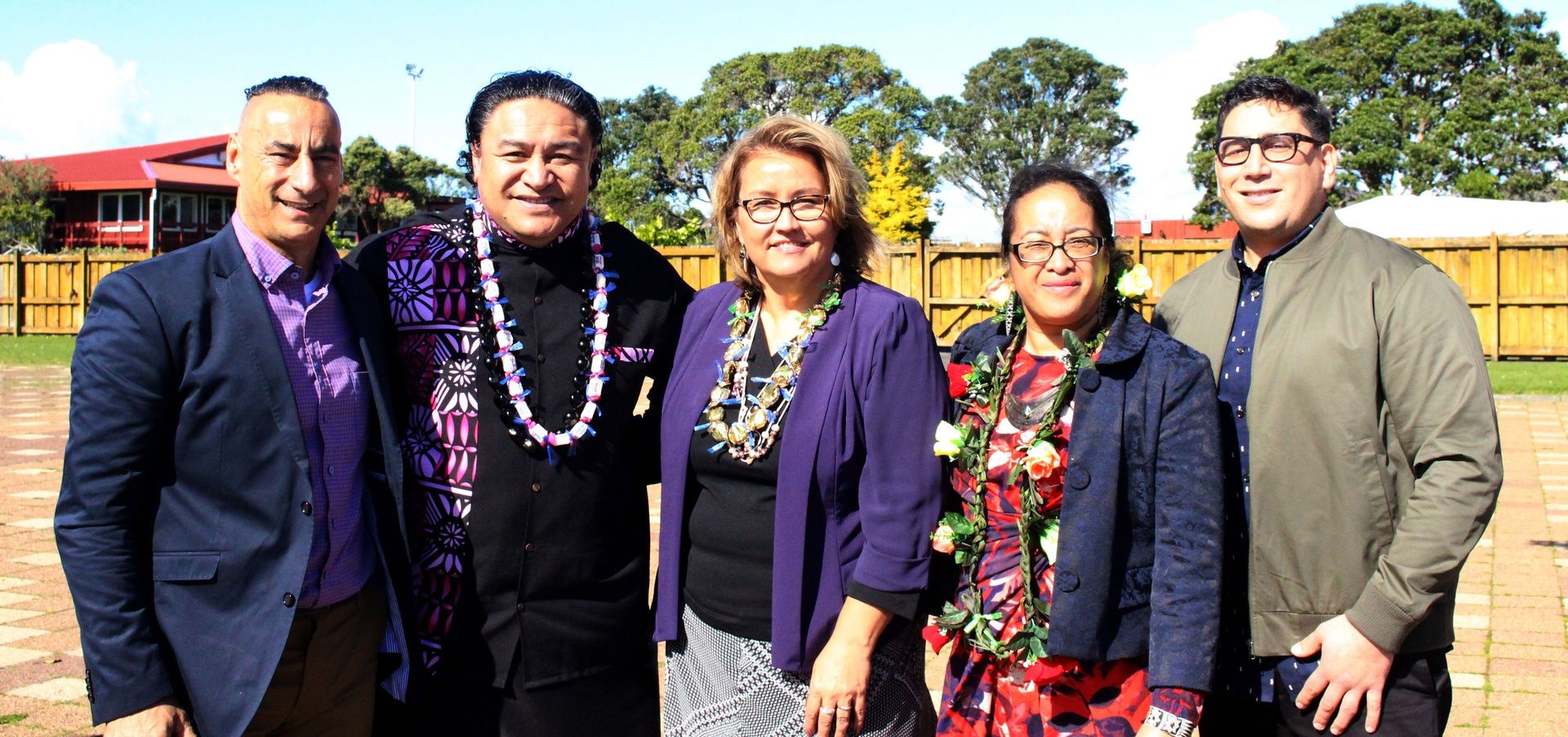Building Māori and Pacific Cultural Intelligence in Aotearoa
Building Māori and Pacific Cultural Intelligence in Aotearoa
In 2017, The Brown Pages - now known as The Culture and Design Lab - organised the CulturePRO Two-Day Masterclass at Orākei Marae in Auckland. The event brought together a diverse lineup of Māori and Pacific leaders, practitioners, and thought leaders to explore how Aotearoa can engage more effectively and authentically with its indigenous and Pacific communities. Although held several years ago, the insights shared remain deeply relevant today, offering enduring guidance for public, private, and community sectors committed to cultural intelligence and equity.

The CulturePRO Two-Day Masterclass focused on practical strategies for communication, leadership, and cultural competence in the public and private sectors. Speakers represented a range of disciplines—from data science and business to the arts and government—each bringing unique insights into how New Zealand can better reflect its diverse population through meaningful engagement.
The importance of culturally grounded leadership was highlighted throughout the event. Sina Wendt, former CEO of Leadership New Zealand, discussed the value of aroha (love) in leadership, particularly for Māori and Pacific individuals navigating corporate environments.
She encouraged organisations to disrupt monocultural structures and make space for leadership approaches rooted in collective wellbeing and cultural intelligence. Similarly, Saveatama Eroni Clarke, Cultural and Relationship Manager at Le Va, emphasised that workplaces must be culturally safe environments, advocating for practical initiatives like mentoring, scholarships, and diverse leadership to ensure inclusion is sustained and effective.
Workplaces must be culturally safe environments, advocating for practical initiatives like mentoring, scholarships, and diverse leadership to ensure inclusion is sustained and effective.
In the area of communication, Andrew Melville reflected on how a conversation with Māori scholar Rev Māori Marsden reshaped his understanding of Te Ao Māori. He spoke of the importance of tailoring messages to the audience and the risk of “disposable” relationships in today’s communication landscape. His insights underscored the need for deeper, values-based engagement in both public messaging and interpersonal relationships.
The role of language and identity was also a key theme. Jan Taouma, with her background in bilingual early childhood education, discussed how language shapes identity and community belonging for Pacific families. She emphasised values such as tautua (service), alofa (love), and aiga (family), arguing that public institutions must engage with these foundations as the Pacific population grows. Jennifer Te Atamira Ward-Lealand, a Pākehā fluent in Te Reo Māori, reinforced this by sharing her own language journey and advocating for the normalisation of Te Reo Māori across society—not just as a language, but as a pathway to empathy and respect.
Image L-R: Te Arahi Ellis Bryers, Saveatama Eroni Clarke, Sina Wendt, Iulia Leilua, Rhys Faleafa.
From a business perspective, Kirsten Te Wao, former Diversity and Inclusion Lead at Vodafone New Zealand, explained how her organisation embeds diversity into its core strategy. She highlighted the importance of internal networks, leadership accountability, and the alignment of diversity initiatives with corporate vision and values. This was echoed by Shamubeel Eaqub, an economist, who presented data on economic disparities and argued that businesses must adopt a more active role in addressing structural inequities. He advocated for diversity as a source of innovation, rather than a compliance obligation.
Rhys Faleafa, former CEO of Tupu Toa, introduced the internship programme that connects Māori and Pacific graduates with corporate opportunities. He stressed the importance of authenticity, mentorship, and long-term support in retaining diverse talent. His contribution illustrated how targeted, culturally informed programmes can shift the demographic makeup of leadership pipelines in Aotearoa.
In government and policy, Rangimarie Hunia from Ngāti Whātua spoke about the importance of recognising the genealogical and cultural frameworks that inform Māori identity. She explained that effective engagement must take power dynamics into account and be grounded in an understanding of whakapapa and tikanga. This was reinforced in discussions on Treaty-based engagement, where several speakers noted that Māori should be treated not as contractors but as equal partners, consistent with the Crown’s obligations under Te Tiriti o Waitangi.
Pauline Winter addressed Pacific engagement from a public sector perspective, encouraging officials to build cultural intelligence and understand the diversity within Pacific communities. She stressed that Pacific engagement must reflect values such as Christian faith, family structures, and reciprocity. Institutions that fail to understand these values risk alienating the communities they aim to serve.
Pacific engagement must reflect values such as Christian faith, family structures, and reciprocity. Institutions that fail to understand these values risk alienating the communities they aim to serve.
Fiona Cassidy shared examples from her experience with the New Zealand Army in Bougainville, where cultural understanding played a key role in peacekeeping efforts. She spoke about the power of haka and music in de-escalating conflict and building rapport—an approach she believes businesses can learn from when seeking to engage with Māori and Pacific stakeholders.
Maui Hudson, a data specialist, offered insights into the ethical use of data. He argued that Māori should have control over how their data is collected, interpreted, and used, proposing the creation of a Māori Data Ecosystem guided by principles of power, protection, prosperity, and participation. He warned that without proper governance, data can reinforce stereotypes and entrench inequality.

Health equity was another focus. Atene Andrews, former Kaiwhakahaere Māori at PHARMAC, discussed how Treaty principles must be reflected in the health sector. He emphasised values-based engagement, the importance of building strong internal relationships, and the need for health organisations to be visible and reciprocal in their community interactions.
The relationship between commercial success and cultural identity was addressed by several speakers. Māori business leaders at the event argued that economic growth and community wellbeing are not mutually exclusive. Māori entities seek global success while remaining grounded in kaupapa Māori, but this requires partners who are willing to build trust, demonstrate respect, and engage on equal footing.
Māori entities seek global success while remaining grounded in kaupapa Māori, but this requires partners who are willing to build trust, demonstrate respect, and engage on equal footing.
Across all presentations, one consistent message emerged: meaningful engagement with Māori and Pacific communities cannot be achieved through superficial strategies or process-driven approaches. It requires a shift in mindset—one that prioritises values, relationships, and long-term investment in people. The CulturePRO Masterclass offered a comprehensive framework for this shift, providing public servants, business leaders, and community advocates with the tools and insights to build a more inclusive, responsive Aotearoa.
Final Thought From the Culture and Design Lab
The 2017 CulturePRO Masterclass insights remain relevant in 2025, as Aotearoa continues to address equity, partnership and cultural intelligence. These foundational lessons guide ongoing efforts to build stronger, more authentic engagement with Māori and Pacific communities today.
The Culture and Design Lab empowers workplace leaders to create social cohesion at work. We use indigenous knowledge, design, and strategy to foster inclusion and belonging in the workplace.

